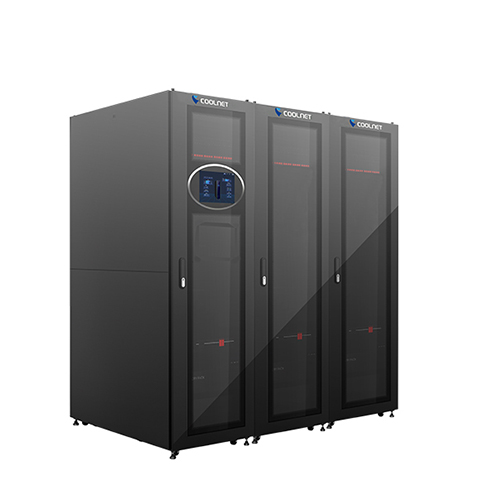As technology evolves, the need for efficient data storage and processing solutions grows exponentially. Businesses now explore innovative options like micro data centers and modular data centers. Although these terms are often used interchangeably, they represent distinct approaches to data center deployment. This article delves into the disparities between micro data centers and modular data centers, shedding light on their unique benefits and how they cater to specific business requirements.
Micro Data Center:
A micro data center stands as a compact, self-contained infrastructure tailored to meet localized needs. Typically, it comprises pre-configured racks or enclosures housing servers, storage units, cooling systems, power distribution units, and networking gear. Micro data centers find their niche in remote or edge locations where space is limited, or stringent latency requirements exist.
Key features of micro data centers:
1. Compact Size: Micro data centers boast significantly smaller physical footprints compared to their traditional counterparts. They are engineered to snugly fit into tight spaces like closets, small rooms, or outdoor settings.
2. Rapid Deployment: Thanks to their pre-configured setup and self-contained design, micro data centers can be swiftly deployed and made operational. This agility makes them ideal for organizations seeking quick, flexible data center solutions.
3. Edge Computing Capabilities: Micro data centers often underpin edge computing initiatives, where low latency and real-time data processing are paramount. By bringing computing resources closer to the network edge, they diminish latency and enhance performance for critical applications.
Modular Data Center:
Modular data centers emerge as scalable, containerized solutions designed to meet extensive computing needs. Comprising prefabricated modules in a standardized ISO shipping container format, they accommodate IT equipment, cooling systems, power distribution units, and other essential infrastructure components.
Key features of modular data centers:
1. Scalability: Modular data centers shine in their scalability, enabling businesses to effortlessly expand their data center capacity by adding extra modules as required. This adaptability makes them ideal for rapidly growing enterprises or those necessitating on-demand capacity.
2. Portability: Leveraging a containerized design, modular data centers can be easily transported and deployed in various locations. This portability renders them suitable for temporary or remote deployments, disaster recovery scenarios, or instances requiring relocation.
3. Energy Efficiency: Modular data centers often integrate advanced cooling technologies, power management systems, and efficient infrastructure designs. This focus on energy efficiency helps slash operational costs and minimize environmental impact.
While micro data centers and modular data centers share some resemblances, they cater to diverse requirements and operational needs. Micro data centers shine in small-scale and edge computing deployments, delivering localized computing prowess within confined spaces. Conversely, modular data centers offer scalability and portability, making them ideal for large-scale endeavors and versatile deployments.
Understanding the disparities between micro data centers and modular data centers is crucial for businesses seeking the right data center solution. Assess your specific needs, encompassing space constraints, scalability demands, and required portability levels, to make an informed decision. Consulting data center experts or solution providers can further ensure the selection of the most suitable option to underpin your business's current and future data processing and storage needs.


